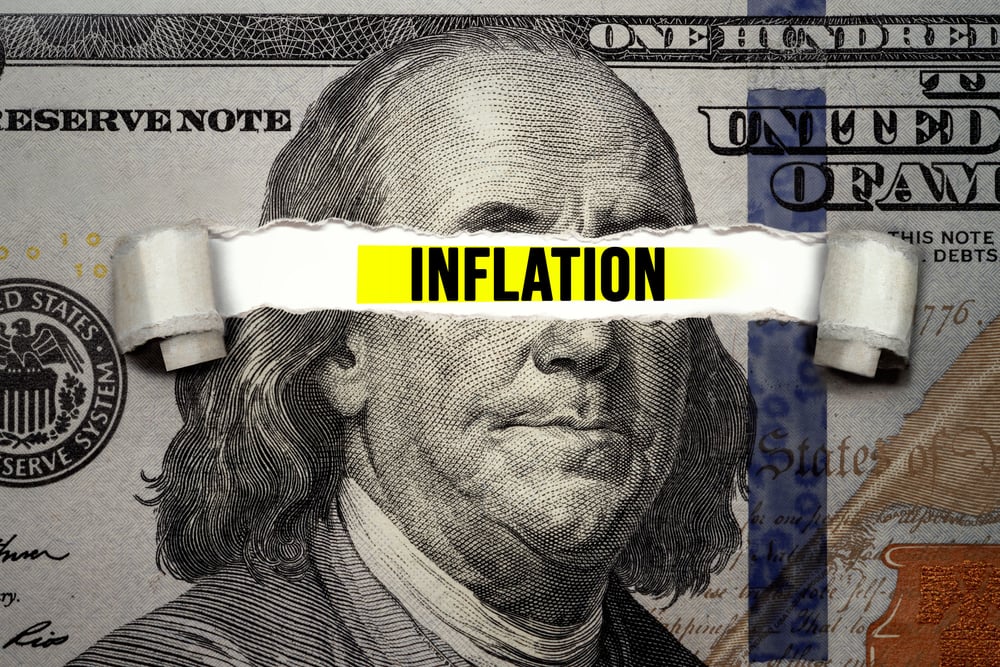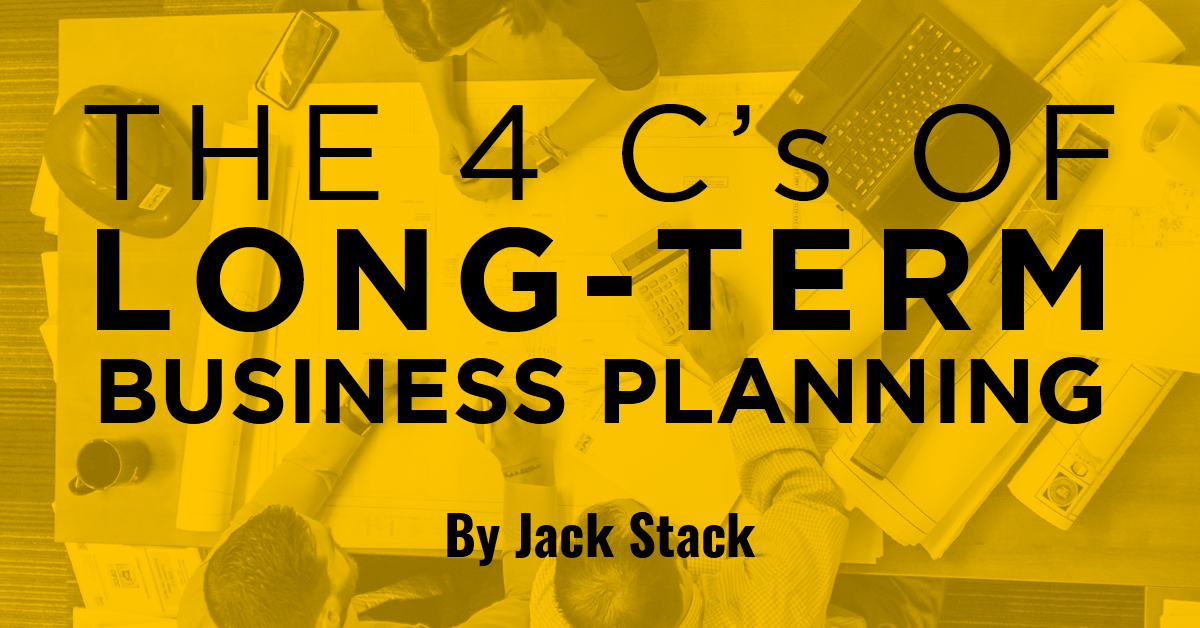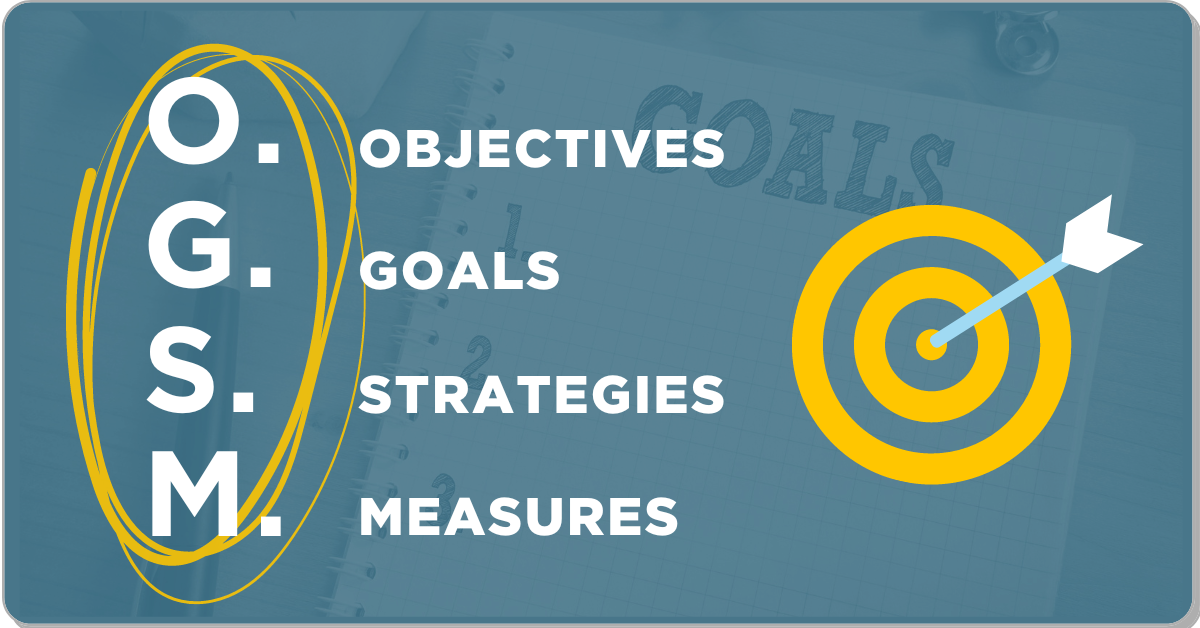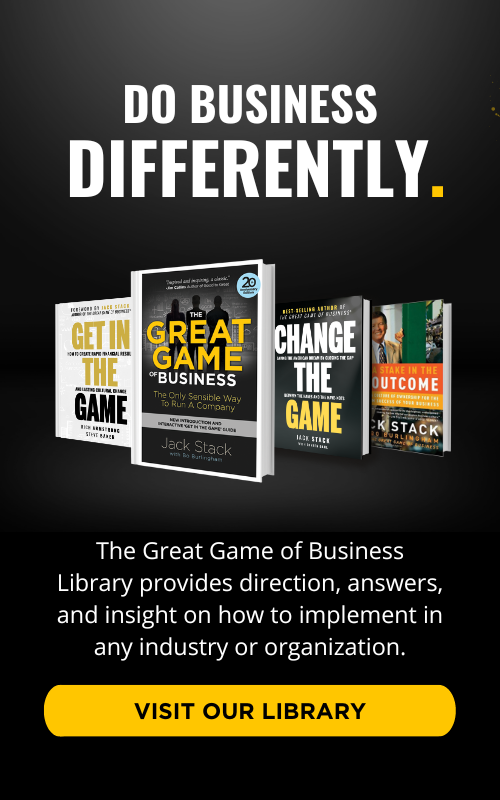
Imagine your team walking into the weekly company huddle to find themselves as a contestant on Jeopardy competing for real cash prizes! How about feeling like they just walked onto the set of one of the most popular current reality shows. Or what if your staff meeting was a spoofed, miniature production of the Tonight Show? These are just a few of endless ideas to add a little spice when needing to reignite what may have become the “dreaded mandatory weekly meeting.” It is also a great way to honor those special employees in a most memorable way.
A little creativity goes a long way. Information and ideas become solidified in our memory when we have a vivid event to “hang it on” in our memory. By changing the mode of delivery for our message, we give the audience a “handle to carry” the message away more easily. Here are some tips for packaging your message in a memorable and fun way:
- DO: Use what is current and popular.
Whatever is familiar and going on now will resonate with people. What time of year is it? Super Bowl? March Madness? Olympics? Holiday? What’s popular today? Survivor, Jimmy Fallon, American Ninja Warrior? Star Wars? - DON’T: Use anything heavy or controversial.
Also avoid really old or obscure things that only a few people will understand. - DO: Use themes around special occasions.
Remember these are ideas in your bag of tricks to change things up and make it interesting. These should be special occasions. Trying too hard to use themes all the time will either wear out those planning the meetings, or become mundane in and of itself. - DON’T: Over promise and under deliver. A little e-mail hype is good to start a buzz in the organization. However, don’t get carried away advertising your “great idea” until you are sure you have the content to back it up.
- DO: Create opportunities to laugh at top level management. Employees love to see a game of Egg Russian Roulette when the CEO gets it good!
- DON’T: Embarrass employees by calling them out and putting them on the “hot seat.”
A game like Jeopardy with multiple volunteers is great. But, singling out one person and putting them on the spot can be demoralizing, and really hurt an individual. - DO: Give staff the opportunity for fun, competition, and great prizes.
- DON’T: Be relaxed in setting up and thinking through the rules of a contest.
People are competitive and they don’t appreciate loose rules that get “made up as we go along.”
Admit it, the best days at work are the ones when something exciting and different takes place. Our workforce deserves it. So put forth that extra effort every once in a while, and give them a story to tell when they go home and get asked “so how was work today?”
Justin Hill is the elected Treasurer of Greene County, Missouri and will be joining us at the 24th Annual Gathering of Games in Dallas, TX as a breakout session speaker. We're looking forward to hearing more about how to invigorate workplace huddles in the Great Game of Business! If you aren't registered, it's not too late to join us this September 7-9th!
.png)














